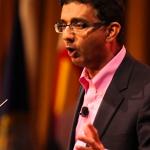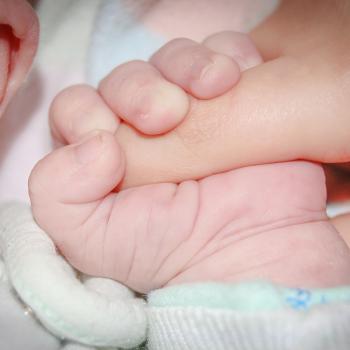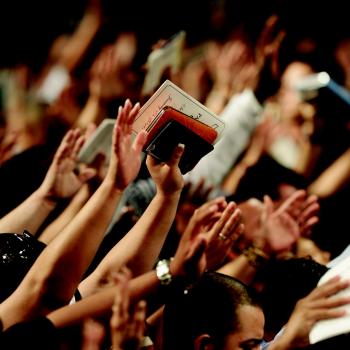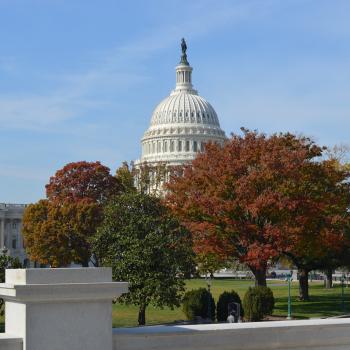When President Donald Trump brings his special mix of incompetence and narcissism to the table with North Korea’s dictator Kim Jong Un, in what is being hailed as a “historical” summit, what can we expect?
It’s hard to say, given that Trump talked tough in the weeks preceding the meeting, but as the time grew nearer, he dropped all preconditions, and for all intents and purposes, seems to be going into these talks simply satisfied that people are calling it “historic.”
Making and breaking deals with the U.S. and the world community isn’t a new thing for North Korea. In 1994, under the Clinton presidency, a deal was made where North Korea agreed to freeze its nuclear program, in exchange for having sanctions lifted, as well as a normalization of relations with the U.S.
It turns out, they never honored their end of the deal. They were secretly enriching uranium, and international inspectors never picked it up.
To be clear, U.S. intelligence analysts believe they’ve only managed to put together an arsenal of about 20 to 60 nuclear weapons. However, they’re inching closer to perfecting a long-range nuclear missile that could do damage to the U.S. mainland.
So what history is made in this Trump-Kim meeting in Singapore remains to be seen. What won’t be talked about is the gross human rights abuses that North Korea is known for.
North Korea is listed as the number one most dangerous and oppressive nation in the world for Christians, subjecting them to imprisonment and harsh labor camps, for offenses as minor as being caught with Bible verses.
According to Open Doors USA, an organization that tracks Christian persecution in the world, North Korean Christians suffer extreme persecution under a Communist and post-Communist regime, where the “main religion” is listed as atheism, but the only real, open worship that is allowed is worship of the Kim family, who have named themselves gods.
NBC News covered the story of activist Grace Jo, a refugee from North Korea who is now speaking out against President Trump meeting with Kim Jong Un.
Among the stories she tells is of her father, who because he was caught in illegal possession of a bag of rice during the famine of the 1990s, was tortured and starved. He died of his injuries while on a train heading for one of North Korea’s prison camps.
Jo escaped across the river to China in 1998, and is now a U.S. citizen and college student in suburban Washington. She is deeply concerned that President Donald Trump is preparing to make peace with the “monster,” as she put it, who runs her native country.
“He should not make a deal with terrorists,” Jo told NBC News. “This regime will never give up its nuclear development.”
Indeed, according to a 2014 United Nations investigation, what is current day North Korea is on the scale of the atrocities of what we know about Nazi Germany.
Trump won’t be talking about the starvation, torture, or rapes of the North Korean people. He has offered them securities and financial aid, if they only agree to give up their nuclear ambitions.
“This would be with Kim Jong Un something where … he’d be running his country,” Trump said last month. “If we make a deal, I think Kim Jong Un is going to be very, very happy.”
Not bringing up the human rights aspect isn’t unusual, unfortunately. Past presidents have shown more concern for the nuclear arsenal than the plight of the North Korean people.
Experts are saying signing off on any nuclear deal is risky, given that it will take international inspections to assure they’re living up to their end of the bargain, and North Korea is not about to allow for that.
For that matter, the citizens of North Korea know that anyone who talks to inspectors could be dragged off and thrown into prison.
“As long as you have a society where every scientist, engineer and solider lives in fear of him and his family being sent to Camp 16, we are never going to get straight answers,” said Joshua Stanton, a retired Army officer whose web site, OneFreeKorea.com, chronicles North Korea’s prison camps.
Camp 16, also known as Hwason Camp, is a concentration camp very close to the Punggye-ri nuclear test site that holds political detainees who have no chance of being released. They are subjected to forced labor and torture, according to international investigations.
By comparison, even Iran’s theocratic government offers more freedom than that of North Korea.
Iran is listed at number ten on the scale of Christian oppression, by the way, between Yemen (#9) and India (#11).
In North Korea, “the vast political and security apparatus strategically uses surveillance, coercion, fear and punishment to preclude the expression of any dissent,” a 2014 report by the U.N. Human Rights Commission found. “Public executions and enforced disappearance to political prison camps serve as the ultimate means to terrorize the population into submission.”
Michael Kirby, the Australian diplomat who led the U.N. investigation, said North Korea’s crimes are “strikingly similar” to those of the Nazis during World War II. Future generations, he said, will wonder why the international community failed to take action to stop them.
“How can we guarantee the existence of a regime that is committing crimes against humanity and holding 120,000 men, women and children in prison camps?” asked Greg Scarlatoiu, executive director of the Committee for Human Rights in North Korea.
President Trump is well aware of the atrocities of North Korea and the Kim regime, so he’s not walking into this blind.
Some would like to see him attach some human rights requirements to any deal made for the regions nuclear arms program.
Congress does have a say-so in how this goes. Trump can’t throw open the vault on his own. In 2016 Congress agreed that any permanent change to sanctions on North Korea can only be made with congressional approval.
They need to speak up, rather than stand back and be the eunuchs in service to the Trump agenda that we’ve seen for the past year.
What happens at this summit may very well be the deciding moment of Trump’s presidency.
He has claimed that he will walk away if it doesn’t go well. What he is willing to accept as “going well” is what we should be concerned about.










